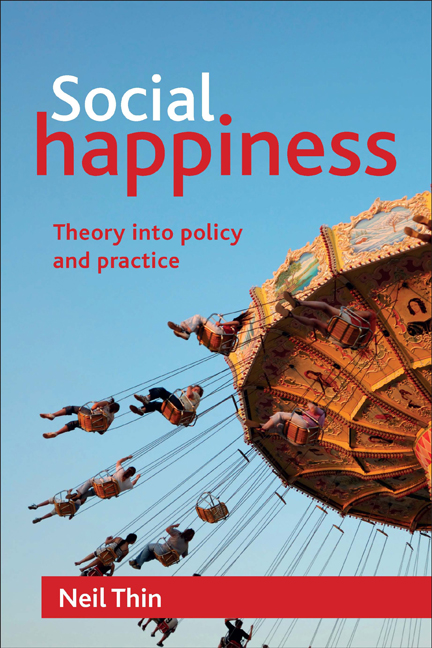two - What really matters: concepts, evaluations and objections
Published online by Cambridge University Press: 01 September 2022
Summary
Who thus define it, say they more or less Than this, that Happiness is Happiness?
(Alexander Pope, Essay on Man)Positive definitions: happiness as a conversation about what matters and why
Happiness is best understood not as definable entity but as an evaluative kind of ‘conversation’ (broadly conceived to include internal dialogues) concerning how well our lives go. So construed, happiness, like all conversation, is dynamic and interactive, existing as a process rather than as an entity. These conversations tend to include good feelings (encompassing a wide range from calm contentment to wild excitement or extreme bliss), satisfactions, and more ambitious themes such as the fabrication of meaning or purpose or coherence. Despite all its complexities, happiness is an easy, experience-near concept to grasp and to translate: no other term gives us a more powerful invitation to discuss and assess how society facilitates or inhibits the enjoyment of good lives. We readily understand, without ponderous academic definitions, that a ‘happiness’ rubric requires us to consider enjoyment and to evaluate and interpret whole lives.
But beyond this clear ‘shop window’ function, there are lots of potential confusions. To agree on how to promote happiness, we need agreement on what we mean. Unsurprisingly for a concept of such importance and with such a deep and varied cultural history, happiness has diverse meanings that vary over time and between situations, individuals, and cultural traditions. We need to think about usage, and to develop analytical tools to help us parse its various referents.
Martin Seligman, author of best-selling book Authentic happiness, tells us in his latest book, Flourish, that he now ‘detests’ the word ‘happiness’ because it is ‘so overused that it has become almost meaningless’ (2011, p 9). This extreme view seems to miss the point of definitional discussions. Key terms like happiness, or self (which he also declares to be ‘overused’), or love, or music, or society, are used frequently and with multiple meanings because they point to some of the more crucial aspects of our existence.
- Type
- Chapter
- Information
- Social HappinessTheory into Policy and Practice, pp. 33 - 48Publisher: Bristol University PressPrint publication year: 2012



